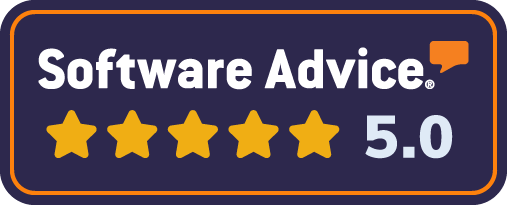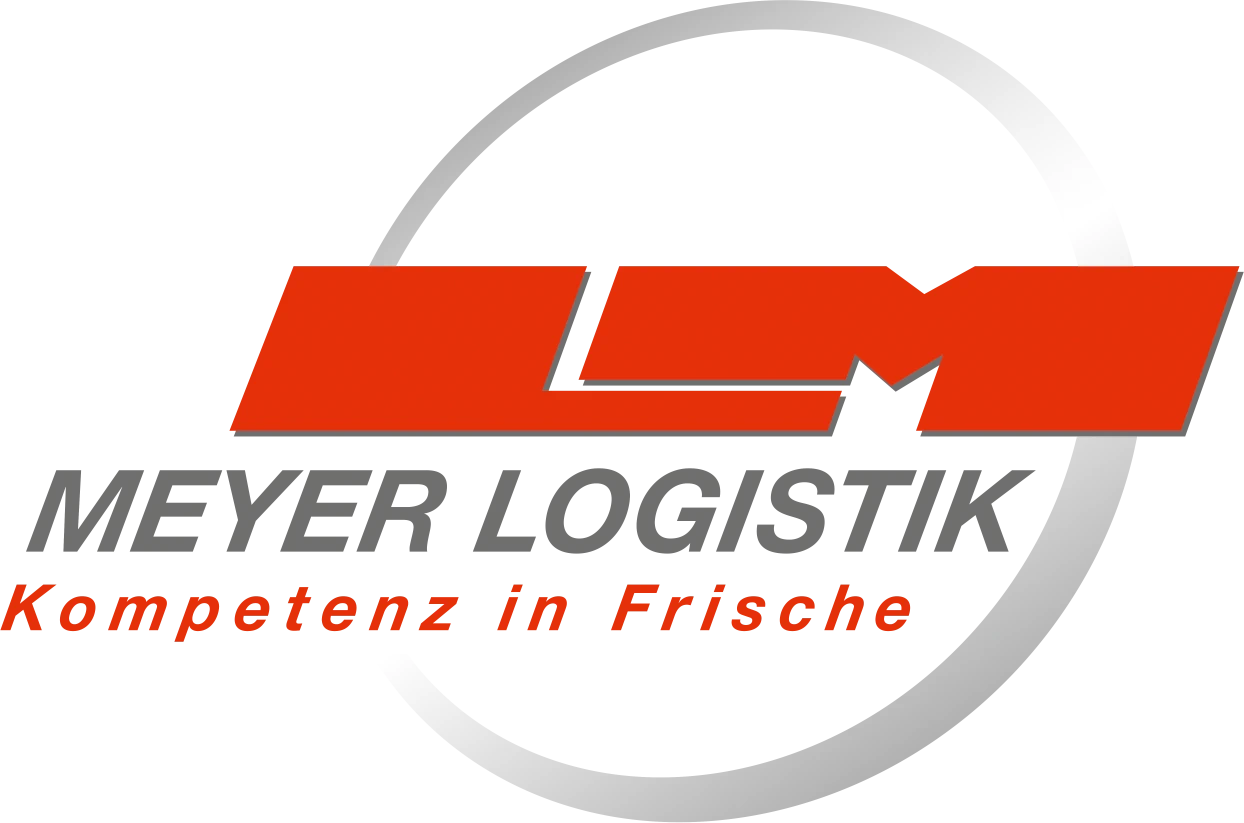Emotional Intelligence in the Workplace Checklist
Develop a workplace culture that values emotional intelligence by implementing a framework to enhance self-awareness, empathy, and social skills among employees. Improve relationships, communication, and teamwork through structured training and feedback mechanisms.
Emotional Awareness
FAQ
How can I integrate this Checklist into my business?
You have 2 options:
1. Download the Checklist as PDF for Free and share it with your team for completion.
2. Use the Checklist directly within the Mobile2b Platform to optimize your business processes.
How many ready-to-use Checklist do you offer?
We have a collection of over 5,000 ready-to-use fully customizable Checklists, available with a single click.
What is the cost of using this Checklist on your platform?
Pricing is based on how often you use the Checklist each month.
For detailed information, please visit our pricing page.
What is Emotional Intelligence in the Workplace Checklist?
Emotional Intelligence (EI) in the workplace refers to a set of skills and competencies that enable individuals to effectively recognize and understand emotions in themselves and others. This checklist can be used to assess an employee's level of emotional intelligence:
- Self-awareness:
- Can they identify their own emotions?
- Do they recognize how their emotions affect their behavior and work performance?
- Emotional Regulation:
- Can they manage their emotions in a way that doesn't disrupt the workplace or impact colleagues?
- Do they take responsibility for their emotional responses to situations?
- Motivation:
- Are they driven by a sense of purpose, values, and goals rather than just external rewards?
- Do they have a clear understanding of what motivates them and others?
- Empathy:
- Can they understand and appreciate the perspectives and feelings of colleagues and customers?
- Do they demonstrate compassion and support in difficult situations?
- Social Skills:
- Are they effective communicators, active listeners, and collaborators?
- Can they build strong relationships with colleagues, supervisors, and clients?
- Conflict Resolution:
- Can they manage conflicts effectively and find mutually beneficial solutions?
- Do they demonstrate a willingness to listen to different perspectives and consider others' views?
- Self-Motivation:
- Are they self-driven and take initiative in their work?
- Do they have a clear vision for themselves and the organization, and work towards achieving it?
- Adaptability:
- Can they adapt quickly to changing situations and priorities?
- Do they demonstrate flexibility and willingness to adjust plans as needed?
How can implementing a Emotional Intelligence in the Workplace Checklist benefit my organization?
Implementing an Emotional Intelligence (EI) in the Workplace Checklist can benefit your organization in several ways:
- Improved employee well-being and job satisfaction
- Enhanced collaboration and teamwork
- Increased productivity and efficiency
- Better conflict resolution and communication skills
- Improved decision-making and problem-solving abilities
- Boosted employee engagement and retention rates
- Reduced stress, anxiety, and turnover rates
What are the key components of the Emotional Intelligence in the Workplace Checklist?
Self-awareness and self-regulation, empathy, social skills, effective communication, conflict management, adaptability, resilience, and teamwork.
Self-Regulation
Motivation
Empathy
Social Skills
Teamwork
Conflict Resolution
Personal Growth
Commitment
Expense Reduction
 34%
34% Development Speed
 87%
87% Team Productivity
 48%
48% Generate your Checklist with the help of AI
Type the name of the Checklist you need and leave the rest to us.
 Made in Germany
Made in Germany Fair Pricing Policy
Fair Pricing Policy




























 Certified Security and Data Protection
Certified Security and Data Protection Active Support and Customer success
Active Support and Customer success Flexible and Fully customizable
Flexible and Fully customizable